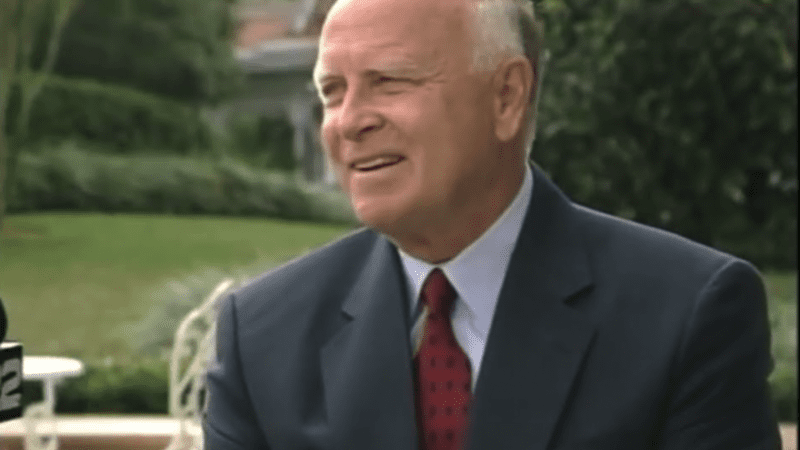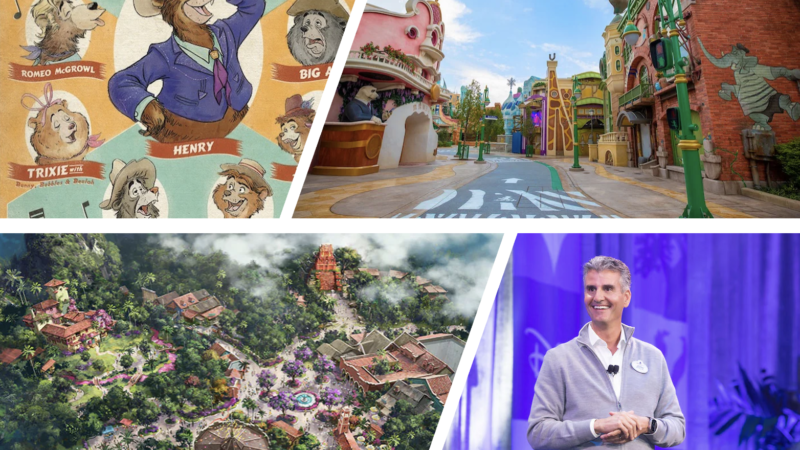Visa Abuse at Disney

New York Times is reporting that Disney has cancelled the layoffs of some 35 technology employees at Disney/ABC in the New York and Burbank offices. Earlier, those employees were replaced by offshore workers who had been brought to the U.S. on H-1B working visas. Now those employees are back at work “until further notice.”
All of this comes only a week or so after Senator Bill Nelson called on the Department of Home Security to investigate similar layoffs that occurred at Walt Disney World in Orlando, Florida when some 250 tech workers were replaced by workers coming in H-1B visas a few months earlier.
Clearly the cancellation of those layoffs is tied to Nelson’s decision to investigate. But is there more to this? Why were the Disney layoffs cancelled? In a corporation that employs scores of thousands of employees globally–why do some 300 of these hires matter? Yes, they were tech jobs, but is there something more? Is there visa abuse at Disney?
I believe there is visa abuse by Disney, and that their reverse on this layoff is an effort to avoid closer scrutiny of its visa programs. Most people don’t know just how many thousands of employees Disney currently hires under those visa programs. When Epcot opened in 1982, visas made it possible to have young people from countries like Mexico, China and Canada come to Walt Disney World to work temporarily and to create the international flavor of these attractions. Interacting with these Cast Members is a fantastic part of the experience of World Showcase at Epcot.

When Disney’s Animal Kingdom opened, Disney did the same thing by hiring workers to come from Africa and Asia to immerse Guests in the culture of those lands. One could see the benefit these international workers brought to the park experience. As a result, they built more apartment complexes and elected to have these young people come from these continents to work temporarily in the U.S.
When Hong Kong Disneyland opened in 2005, it made sense to bring Cast Members opening that park to come and gain the operational experience necessary to run the resort in Asia. The same thing is set to happen again, when hundreds of young Cast Members soon arrive from China to learn the ropes in anticipation of opening Disney’s new park in Shanghai.
All of this is good and makes sense. It especially makes sense to HR who has found this approach useful in cutting both hourly costs and benefits. But Disney has gone far beyond this. Disney now hires hundreds if not thousands of young people from countries like Australia, Singapore and Chile to come and work in their parks as well. Under a variety of visa programs, they offer nothing to the thematic quality of the park experience (Disney doesn’t offer lands themed to those countries). Their presence is simply to replace workers in the U.S.
The truth is Disney could take its IT operations and move them to India. Disney is, after all, a global company, and it wouldn’t make the New York Times if a small software development group like this was moved off shore in an effort to save costs. Indeed, Disney may still eventually do that in light of these events. But what Disney can’t do is move a theme park. And their labor structure has come to depend on these young people coming from all parts of the world, thus cutting costs to the bottom line, and denying jobs to locals.
Most people don’t know how extensive Disney depends on these different visas. I don’t know that Senator Nelson’s office understands that yet. But a study from the U.S. Department of Home Security (or probably more appropriately, the U.S. Department of Labor) may very likely reveal that. And I don’t think Disney wants them to find out. That is why I think they have reversed their decision on tech worker layoffs. They want the spotlight to move elsewhere.
There are many things that Disney does well. This website reports on many of those great things, and the author feels that Disney is a world-class benchmark on many fronts. One of those is Heroes Work Here, a program Disney has used to encourage hiring former military veterans. In the past, Disney has also offered schooling and other programs to help less advantaged individuals gain jobs. It collaborates with agencies like Second Harvest to provide for those without.
I don’t think Disney has done anything illegal. But as a citizen of this community, I find this practice of bringing in foreigners to work the parks to be unethical. Nearly 6% of Floridians still are currently without a job. More unthinkable, these practices were in place only a couple of years ago when the jobless rate in Central Florida was more than twice that. People were homeless and without jobs just outside of Disney’s gates. But they were flying in visa workers every month to carry out the operations of their parks.
As a good citizen of the community, Disney needs to do more than offer leftover food and donations to the homeless. They need to help them to get meaningful jobs. And that begins with trimming way back on their use of workers with visas.





